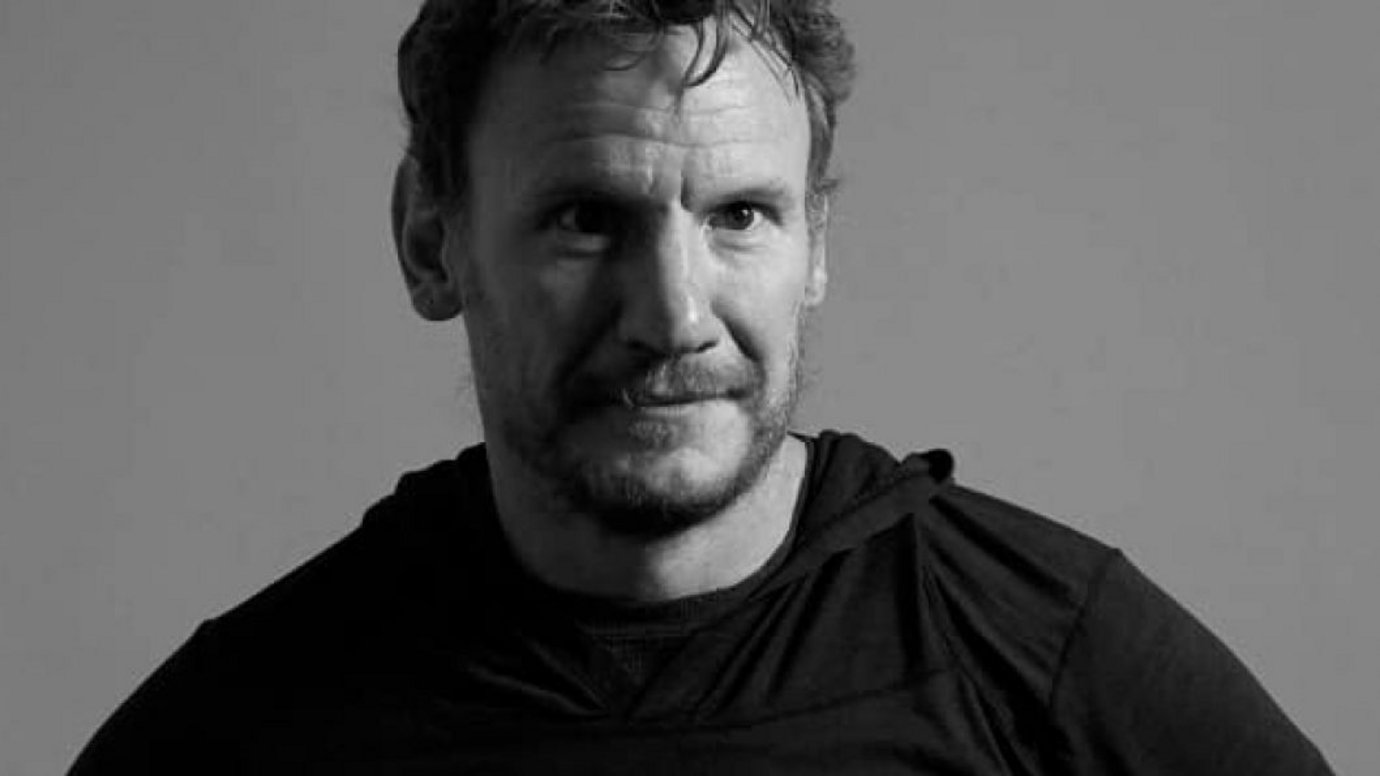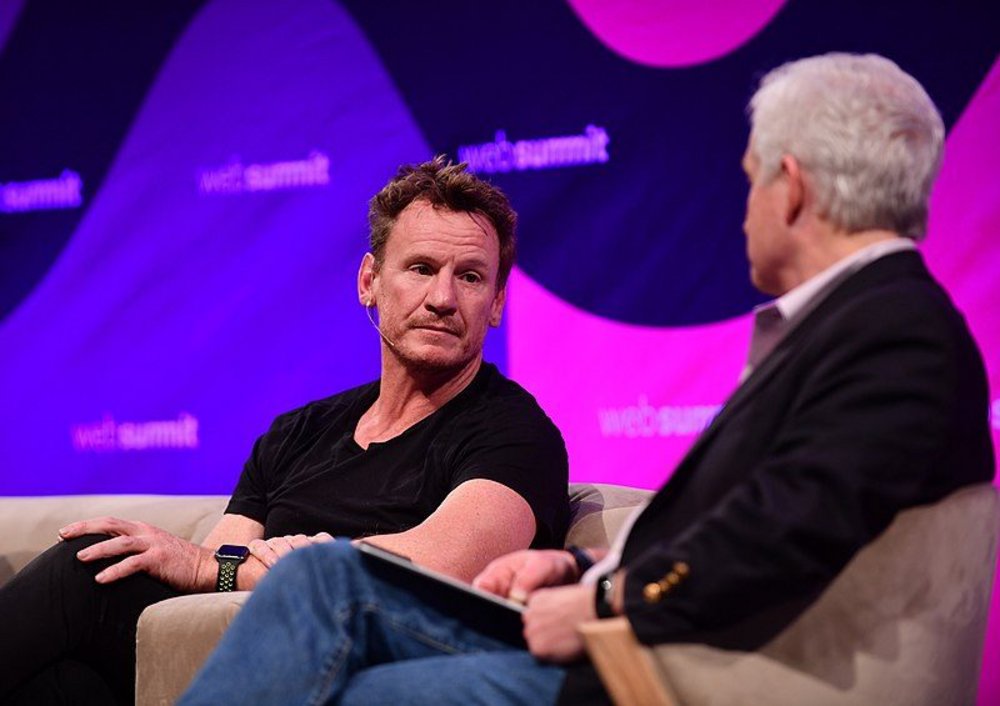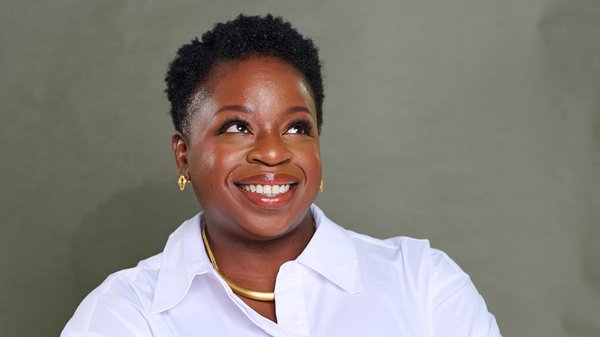Incoming Apple VP Nick Law: creative agencies must learn new capabilities or they’re f*cked /

After 17 years at R/GA New York and, more recently, a stint as Publicis Groupe’s global CCO, agency veteran Nick Law is leaving adland to join Apple. Alex Jenkins caught up with Law to discuss why the ‘Big Idea’ is hindering building new capabilities, why the creative potential of digital has been squandered and why the industry is royally fucked if it doesn’t change soon.

Given the amount of change that’s happened in the industry in recent years, what’s the responsibility for creative leaders today?
You have to be thinking about what is going to be the output of your agency in the near future, and then how do you design an agency to deliver that. For 50 years, that output was dominated by broadcast because, from a business model point of view, that was where most of the revenue came from. So we ended up designing agencies that were really good at delivering that. And the teams that were designed to deliver TV were art director and copywriter teams – that’s a Bernbach team. Bernbach’s insight was that the mediums were becoming more visual, so it was very hard to be conceptual without an art director being part of the team.
Your responsibility is now to say, ‘We need to make new things.’ An example I use is voice. The install base for home assistants is huge in the US, in particular. You use voice with all of your devices: you can access information, you can purchase, you can find out about brands. So you need to understand how your brand lives in that environment. How do people access it? What’s your voice in voice? How do you become distinct?
You’ve got to spend time as creative people exploring technology. And it’s not going to happen by just using the same structure we did for broadcast. It’s going to be different. We’re going to be creating lots of different things. Our revenue is going to have to be diversified. There are some things – like voice, like conversational interfaces, like using text-based interfaces to access information and services for companies – that are already scaling. If you haven’t got a capability around them, it might be too late.
Nick Law
Why have so many agencies struggled to evolve or keep up with the pace of change?
They think as long as they’ve got a Big Idea they can outsource all of this. So what happens is they come up with these big stunts, whether it’s social or whether it’s a VR stunt, and they outsource the production and then start from scratch again. They often don’t make money off it. Because it’s a loss leader, because it’s going to win awards, they don’t build an ongoing revenue stream.
How can this be avoided?
What they should be doing is building capabilities. Say, for example, you decide that you’re going to build an AR [augmented reality] department. What happens, if you do it seriously, is you start creating your own grammar around AR, you get recruiters that know how to get that talent, you get new business people that know you don’t just go to the CMO, you also go to the CTO, and you create a whole new suite of opportunities from a client side.
In the end, you’ve got two pipes in an agency: you’ve got new business and you’ve got talent. Your first pipe’s sort of narrow. If new business only knows how to get agency-of-record relationships from legacy brands and if they only know how to recruit art directors and copywriters, then it doesn’t matter what you design in the middle. You’ve got to feed it with the two pipes. That’s why the capability thing is so important because every time you create a new capability, you not only create the potential for new clients and new revenue streams, but you also create the opportunity to make something new.
It feels like there’s a backlash against tech in the industry at the moment, with a back-to-basics attitude replacing the mindset of digital exploration. Would you agree?
I do. It’s absolutely true and I think it’s wrongheaded. When TV first came out and became sort of an advertising medium, they had TV departments in agencies that were separate from creative departments. And there was this belief among the creatives in these agencies that TV was this dumping ground for garbage. Now, that sounds familiar, doesn’t it?
But I get the impression that the word ‘digital’ means something very different to you than it does to other people, who might immediately think of banner ads, programmatic, efficiency, etc.
Well, that’s a problem with the word ‘digital’. This is why I always thought the title of chief digital officer was absurd. It’s like saying ‘chief air officer’. Everything is digital. You can’t compare a very narrow set of formats that constitute traditional advertising – broadcast, print, direct, radio – with digital. Digital is a suite, not just of platforms where you can buy media, but also of utility, of services, of transactions, of business. Digital is a membrane over society now. It’s central to the way we operate as humans.
Nick Law
So why is there a gap between the reality of digital being an intrinsic part of human experience and the lacklustre use of it in advertising?
This is true of new technology. We always apply an old grammar to new technology. Early film looked like theatre; they just locked down a camera and filmed there, and it was theatre. They hadn’t developed the language of editing because it’s so abstract. The idea that things would appear and disappear. It’s artificial. It needed to be created. They had the technology but they hadn’t developed the language.
So it doesn’t surprise me that a lot of more programmatic or digital advertising is bloodless. These platforms and technologies transform in the hands of creative people. Unless creative people are engaged and manipulating these things every day, they can’t create a new grammar. The grammar of Instagram Stories is not being created by agencies, it’s being created by kids. If people think technology right now is being used in a mechanical and uninteresting way, that’s because we haven’t figured out how to manipulate it. It’s all technology and we need to learn how to wield it and use its potential. When we do that, then the work will be vivid.
How long do you think it will take for that change to happen?
Well, if it doesn’t happen soon in our industry, we’re fucked. It’s simple as that. Almost all of the agencies in the advertising world are public companies, or belong to a public company. If we’re not delivering growth, then the whole thing will collapse. If it does, if we don’t adapt and figure out how to use these things, then out of the ashes of that collapse there’ll be a whole new ecosystem of interesting creative companies. But it’s going to happen. It’s going to have to happen.
What’s different about the new mediums is how democratic they are from a creation point of view. What that means is the best and worst of humanity is reflected in it because everyone can use it. This is no longer a guild. Advertising used to be a guild. You had very expensive equipment and very few people could manipulate this stuff. Now we’ve got this broad democracy. Of course you get garbage, but the best stuff is better than ever.
If you could change one thing about the industry right now, what would it be?
It would be the ability to create new capabilities. The calcification of agencies was born with the separation of creative and media. The context of the work became so abstracted that we started to sell big ideas rather than the mediums. What all these mediums represent is new capabilities and you build a company by creating new capabilities.
What I found when I was at R/GA was that you go through three generations when you create a new capability. Having decided that this is strategically the right thing to do, the first generation is always bad at it, because you know you hired the wrong people and you don’t know how to be a good worker. The second generation is when you finally figure out who the right people are, you incubate the capability to a point where you are as good as anyone in that world. And then the third generation is, having done that, you bring it into the core of the agency, connect it with other things and then you start inventing stuff at the intersection.
This is what agencies need to do. They need to understand that when they create a new capability it needs some investment. They need to incubate it but then ultimately the goal should be to connect it to their whole model and integrate it. This is the single most important thing to do. Because as budgets are getting smaller and smaller, clients aren’t spending less. They’re just going elsewhere to spend their money. The advertising industry has stopped being able to create new capabilities, because somehow they think what they’re doing is primal. It’s not.
Want to create better, braver work? Join us at Most Contagious USA on 27 Jan where we’ll distil a year’s worth of advertising campaigns, insights and trends into a day of inspirational talks. Click here for the line-up and tickets
Want more of the same? /
We don’t just write about best-in-class campaigns, interviews and trends. Our Members also receive access to briefings, online training, webinars, live events and much more.







